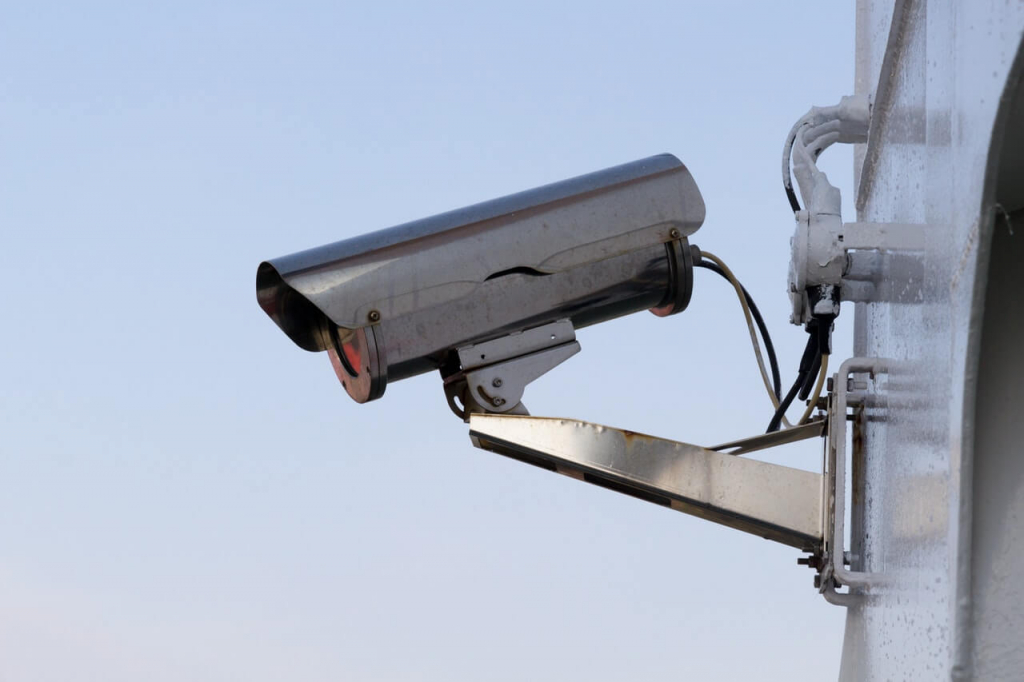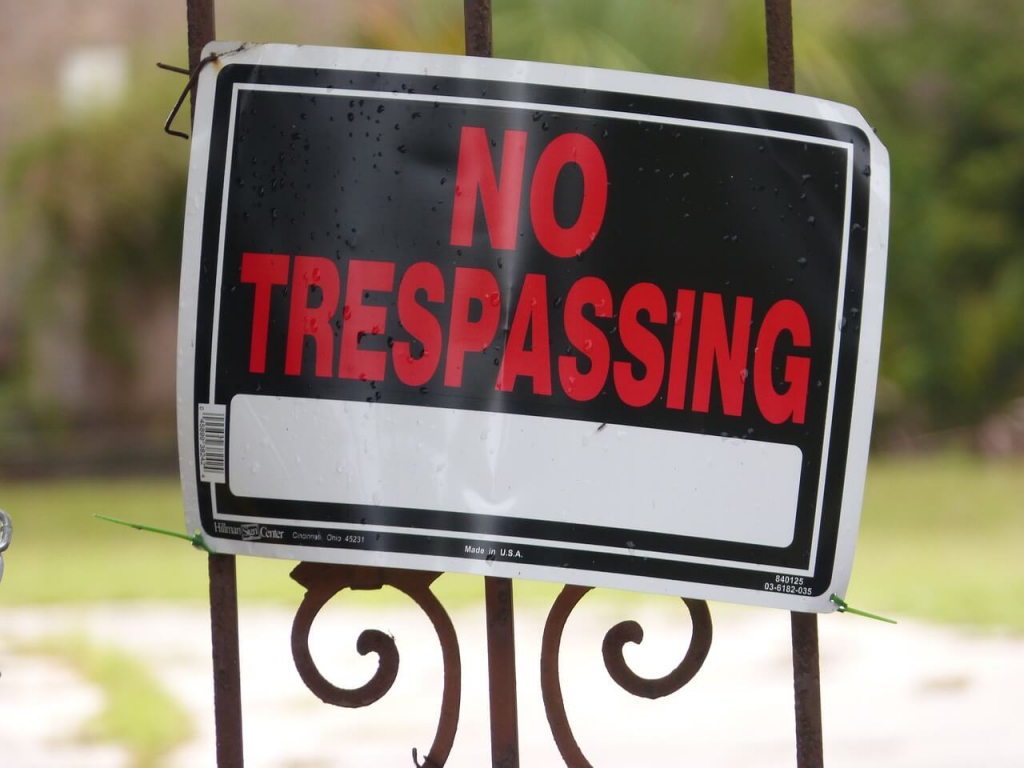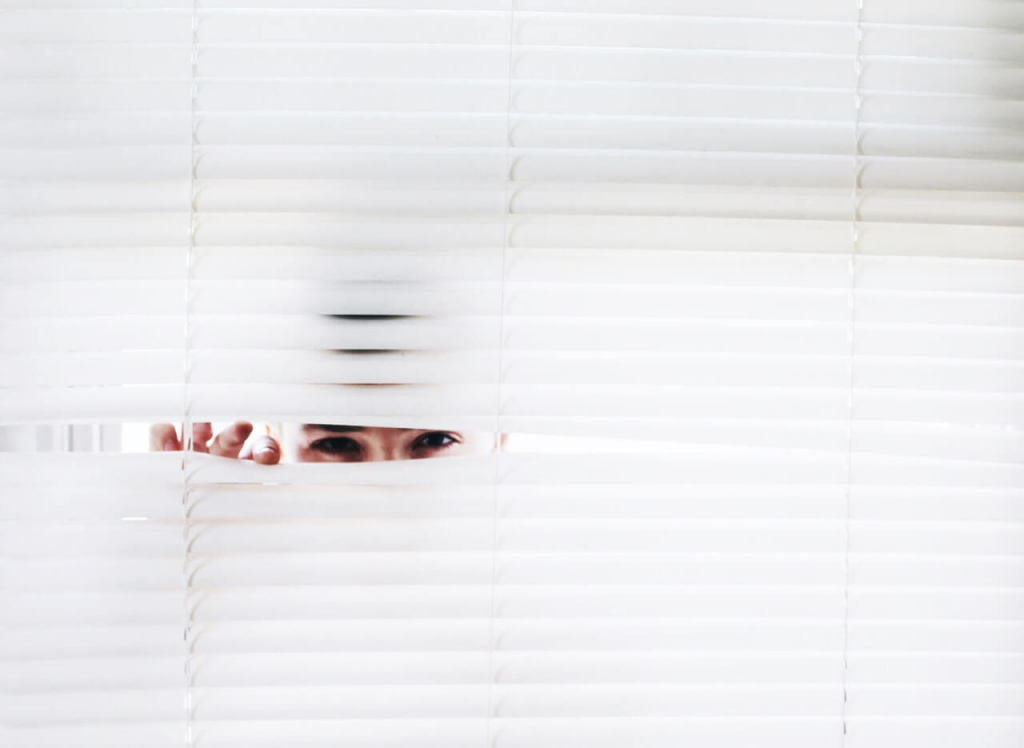Ensuring the security of your property and tenants is very important in this business. If something bad happens to any of them, you could lose your source of income. That is why you should take the necessary security measures.
Landlords will usually hire security personnel for multi-family rental units like apartment buildings because there are more occupants. But what about for single-family rentals? It will not be practical to hire security for these properties. This is where security cameras will be enough.
Your first concern, and probably your tenants’, is the issue of privacy. They might not be too thrilled with the idea of someone watching them, which is very understandable. State laws are also strict when it comes to the surveillance of rental properties. But there are ways to legally install security cameras.

Are surveillance cameras allowed? Where should I put it?
Yes, security cameras are allowed to be installed on a property. However, there are only certain areas that you can put it. You are allowed to have cameras inside common areas where there will be no expectation of privacy.
More appropriate areas to put up security cameras are those on the outside of the property. Here are some examples:
- Lounge areas, common rooms, hallways, stairwells, etc.
- Driveways and parking lots
- Entrance and Exit Doors
- Patios and other areas outside the property
Installing security cameras is reasonable because it is for the safety of your tenants. They would not want someone to break into their homes and not have any clue on who did it.
Aside from the strategic areas where cameras can be installed, remember that they should also be visible. The persons going in and out of the property should be aware that they are being recorded. Sometimes it helps prevent break-ins because a burglar will likely back off if he sees the cameras.
Make sure that your tenants are aware if you plan on putting up security cameras and where you plan to install them because they need to give their consent.
It might be an advantage for some people to have surveillance cameras in the property because it makes them feel secured. You can add this to the property listing you will publish on Padleads because tenants will be more attracted to properties where they will feel safe.

Identifying private areas and common areas.
You must know the different areas that are considered private and common. This will guide you on where to legally install your surveillance cameras.
It is easier to use a multi-family rental property as an example. Common areas are those locations where all of your tenants utilize. Examples of these include stairwells, elevators, lobbies, and hallways. Security cameras in these areas are allowable and legal.
Private areas are those intended for the tenant’s privacy. You should not install cameras beyond the closed doors of their units. Bathrooms, living rooms, and bedrooms are examples of private areas.
When can I use security footage?
The videos captured by the cameras will only be used for monitoring and not idle watching. They should not be used to check the tenant’s activities and personal details. It will be considered to be a form of harassment and is illegal.

State Laws and Consent
As this may be a concern and possible legal issue, you should check your state laws regarding the use of security cameras. You should also get the tenants’ consent to have them installed in their homes. Securing a written consent with their signature can help protect you in case of legal complaints.
The state laws will differ depending on your location. Some states do not even have specific laws about surveillance cameras. For example, in Hawaii, it is legal to install surveillance cameras as long as there is consent from those being watched.
Remember that your main goal is to ensure the safety of your tenants as well as your property. You should be careful about initiating the installation of your security cameras. Do not take advantage of this power because you have to keep your tenant’s trust. Their safety is your priority.